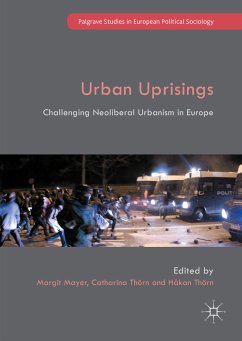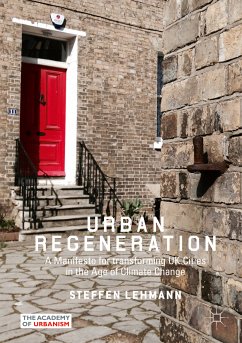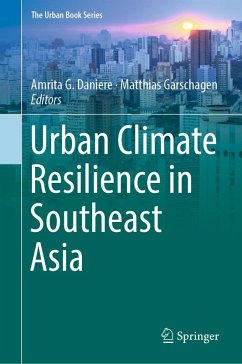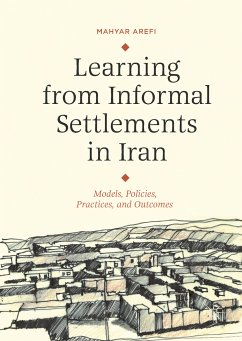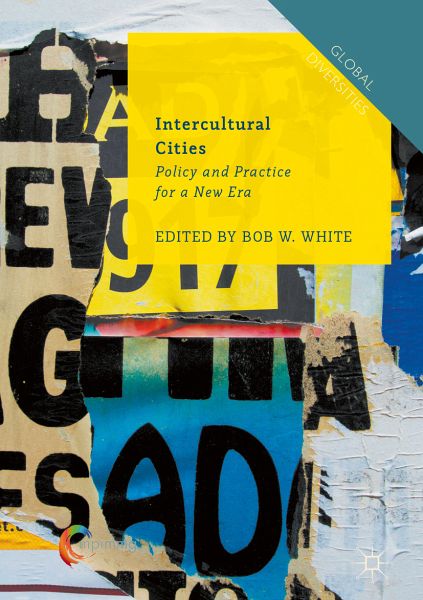
Intercultural Cities (eBook, PDF)
Policy and Practice for a New Era
Redaktion: White, Bob W.
Versandkostenfrei!
Sofort per Download lieferbar
88,95 €
inkl. MwSt.
Weitere Ausgaben:

PAYBACK Punkte
44 °P sammeln!
Mobilizes knowledge about the contextual factors and strategies in the design of intercultural policy frameworks for cities
Develops a comparative analytical framework intended to implement intercultural policies and programs in cities
Compares the experience of intercultural cities in Europe and North America
Dieser Download kann aus rechtlichen Gründen nur mit Rechnungsadresse in A, B, BG, CY, CZ, D, DK, EW, E, FIN, F, GR, HR, H, IRL, I, LT, L, LR, M, NL, PL, P, R, S, SLO, SK ausgeliefert werden.



